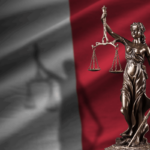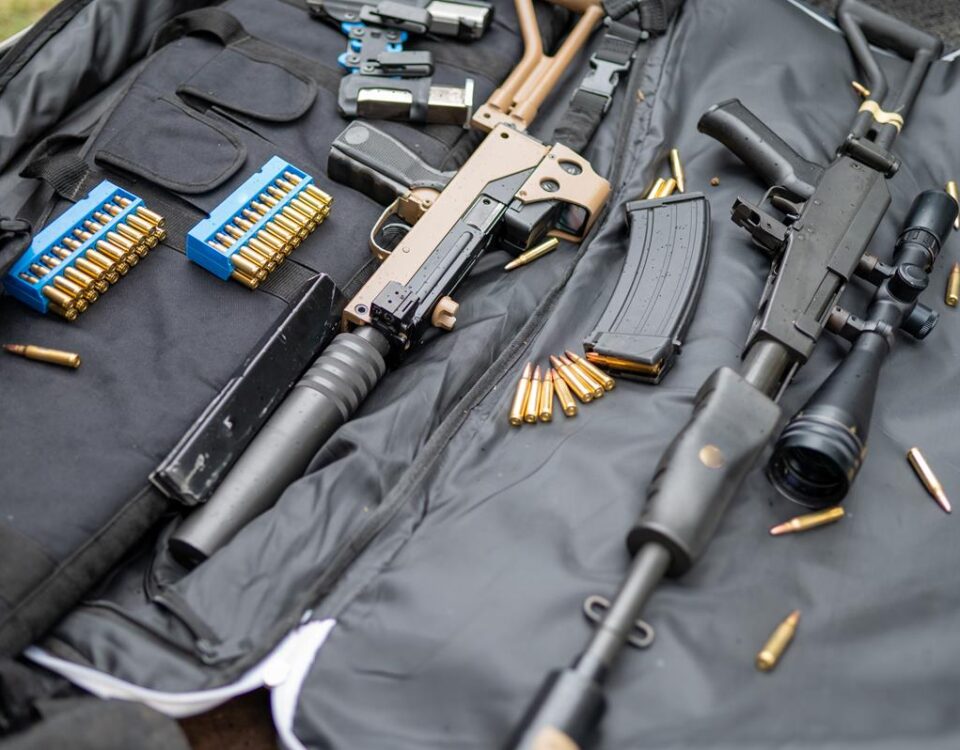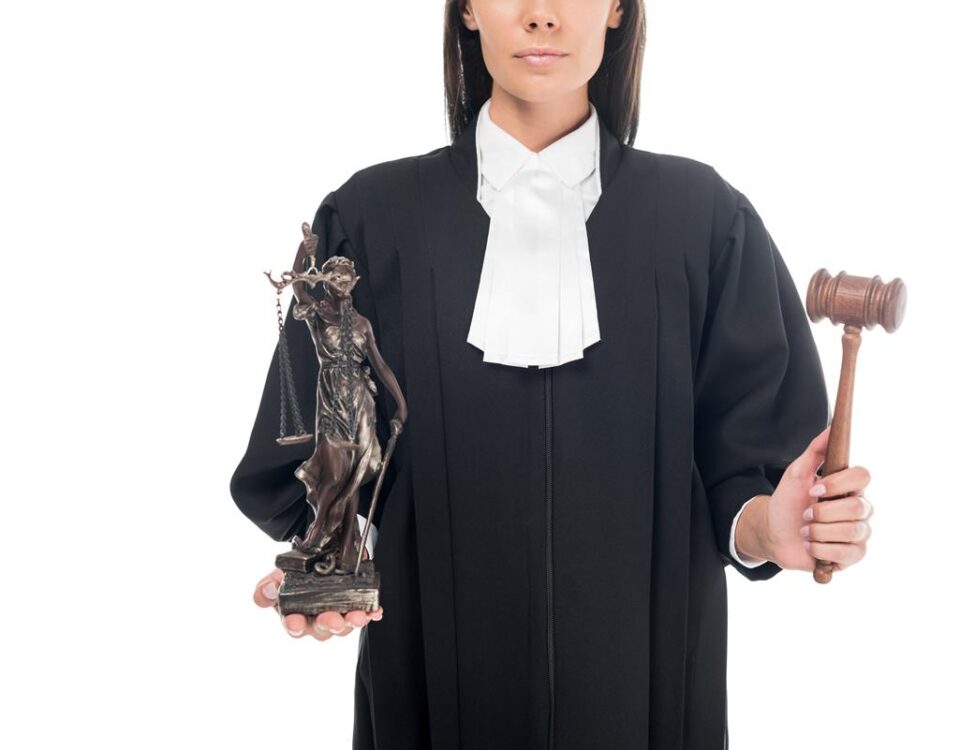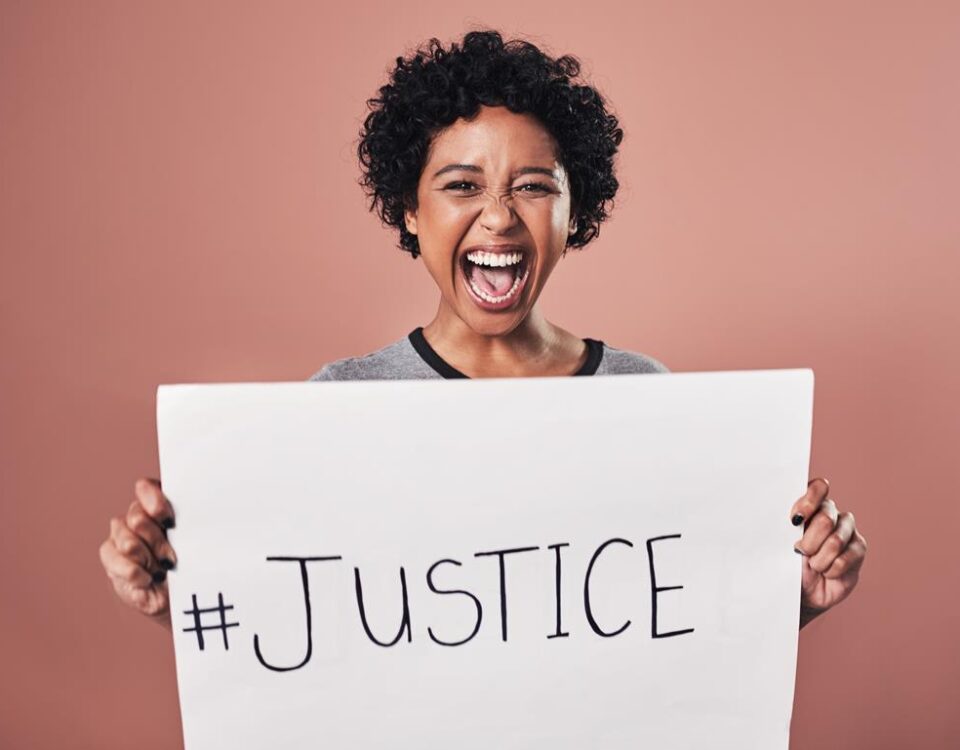
Democrats Responsible For Conservative Supreme Court
November 25, 2024
If Trump Dies Before Inauguration
November 30, 2024War on Free Speech
The famous phrase “You cannot yell fire in a crowded theater” is often cited to justify limits on free speech, especially when that speech poses a potential danger. This expression originates from a 1919 Supreme Court case, Schenck v. United States, which dealt with issues of free speech during wartime. Justice Oliver Wendell Holmes, writing for the majority, used this analogy to illustrate the idea that some forms of speech could be restricted if they presented a “clear and present danger.” However, this premise, particularly when taken at face value, is misunderstood in a modern legal context. Yelling “fire” in a crowded theater is not, in and of itself, illegal; the circumstances and consequences surrounding the act determine its legality.
In Schenck v. United States, the case involved anti-war activists who were distributing leaflets urging people to resist the military draft during World War I. The Court ruled that such actions were not protected by the First Amendment because they presented a clear and present danger to the country’s war effort. Justice Holmes’s analogy about shouting “fire” in a crowded theater was meant to explain that certain expressions, when likely to result in significant harm, could be curtailed. Holmes argued that free speech does not mean the right to say anything at any time without consequence. Just as it would be reckless to falsely shout “fire” in a theater and cause a panic that could result in injuries, it was reckless, the Court decided, for the defendants in Schenck to distribute leaflets undermining the draft during wartime.
While Holmes’s analogy has endured in popular discourse, the legal standards around free speech have evolved since Schenck. The “clear and present danger” test has been largely replaced by the “imminent lawless action” test, established in the 1969 case Brandenburg v. Ohio. This standard holds that speech can only be restricted if it is “directed to inciting or producing imminent lawless action” and is “likely to incite or produce such action.” In other words, speech cannot be punished unless it is directly encouraging illegal activity that is likely to happen immediately.
This shift demonstrates a broader protection for free speech under the First Amendment, including controversial, offensive, or even inflammatory speech. Under modern standards, yelling “fire” in a crowded theater would only be illegal if the false statement incited imminent danger and harm, such as a stampede that resulted in injuries. Simply shouting something alarming or untrue is not illegal unless it causes actual harm or is intended to incite such harm.
The legality of yelling “fire” in a crowded theater, or any similar situation, depends on the intention behind the speech and the resulting consequences. If someone were to falsely claim there was a fire, leading to panic, injuries, or death, that individual could face legal consequences for the harm caused by the false alarm, such as charges of reckless endangerment or negligence. The speech itself isn’t illegal, but the harm caused by the panic it incites is where the legal liability arises. If, however, there is an actual fire, alerting the theater patrons by shouting “fire” would not only be lawful but expected, as it would be necessary to ensure their safety. The difference lies in whether the speech is truthful and whether it is likely to cause harm.
The premise that “you cannot yell fire in a crowded theater” is not an absolute legal principle but rather an illustration of how free speech has limits when it comes to causing harm. In modern legal understanding, speech is generally protected unless it is likely to result in imminent lawless action or harm. Yelling “fire” falsely in a theater, while potentially reckless, is only illegal if it causes actual danger or injury. Therefore, the issue isn’t the speech itself but the harmful consequences it may trigger. This phase is often used as a weapon by those who want to censor speech they do not approve of. Beware, when you are told that you can’t yell fire in a crowded theater, your Orwellian Big Brother is standing right over your shoulder.
C. Rich
CRich@AmericaSpeaksInk.com

C. Rich is the voice behind America Speaks Ink, home to the America First Movement. As an author, poet, freelance ghostwriter, and blogger, C. Rich brings a “baked-in” perspective shaped by growing up on the streets and beaches of South Florida in the 1970s-1980s and brings a quintessential Generation-X point of view.
Rich’s writing journey began in 2008 with coverage of the Casey Anthony trial and has since evolved into a wide-ranging exploration of politics, culture, and the issues that define our times. Follow C. Rich’s writing odyssey here at America Speaks Ink and on Amazon with a multi-book series on Donald Trump called “Trump Era: The MAGA Files” and many other books and subjects C. Rich is known to cover.
“America Speaks Ink is a Google News approved source for Opinion”





